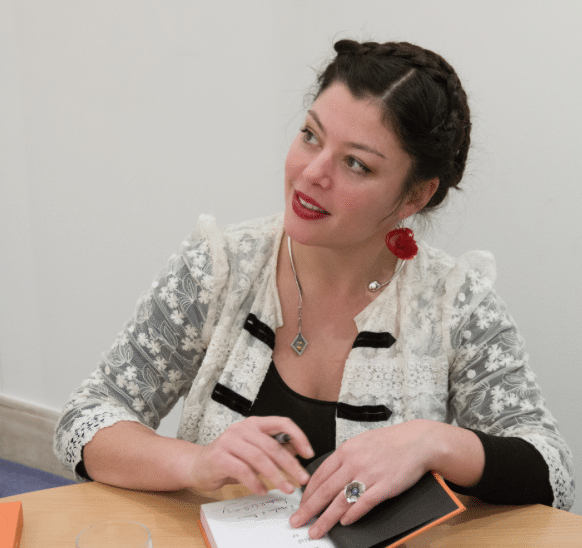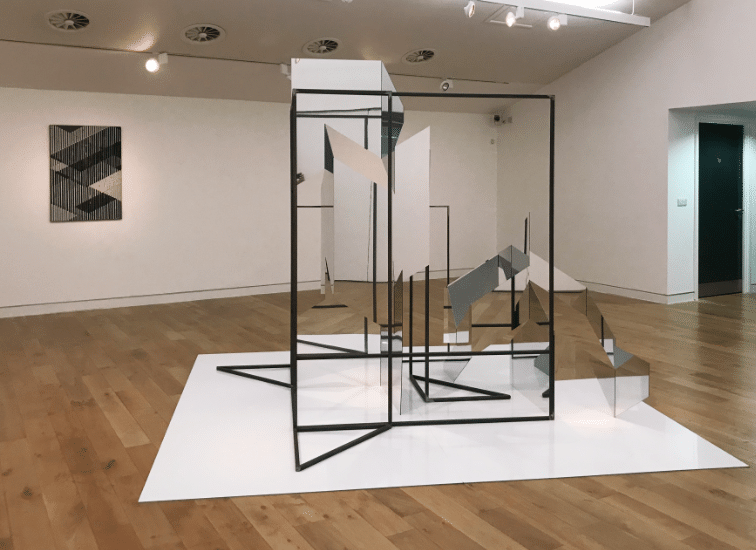Rosalind Davis top tips on Surviving after Art School and maintaining a practice long term!
Rosalind Davis top tips on Surviving after Art School and maintaining a practice long term!

Photo courtesy of David X Green
Be professional
If you are offered an exhibition or opportunity galleries and curators will notice your professionalism, or lack of it! Remember the success of the exhibition is not wholly down to them. It is a collaboration. Being professional, engaged, present and enthusiastic is much more likely to advance your career and networks. You need to be organised and meet deadlines and then nurture these relationships. It is really important to also say thank you and be appreciative to anyone who works on the exhibitions from the front of house to the Director.
Nurture Relationships
Keep in touch with fellow artists and your tutors an anyone who has ever exhibited your work. Support others in the art world by attending their events and identify new mentors in your field of interest. Be proactive in creating a critical peer network. Nurture these relationships, be generous and it will reward you intellectually, creatively and inevitably create opportunities.
Build your confidence
You need to be articulate and engaging when promoting your work. This can take a bit of practice and confidence which can take time but spend time on this too. Take part in networking events. Make sure you get feedback into your work where you can and understand what others read from your work.
Build your profile and Network!
Online networks are also hugely important to connect with new networks; curators, galleries, press and most importantly other artists.
How you get opportunities:
- Research
- Networking (online & offline)
- Building Relationships
- Promotion
- Seizing / creating opportunities
- Word of mouth
- Being creative about space.
- Being organised and professional
- Being present and memorable
- Being kind and polite!
Create a mailing list from visitors books at your exhibitions/ online mailing list sign ups and then send out invitations to your subsequent exhibitions. People in the arts want to know you are active, progressing, dedicated and professional. You’re unlikely to get interest in your work if you don’t tell people about it! Also ensure you give people enough notice about your exhibitions, telling people about it on the day or night before is unprofessional.
Have all these things ready and use them for marketing:
- Website
- Business cards & postcards
- Newsletters
- Social Media
- Do not spam anyone or cold call with your work. It does more damage than good and will build you the wrong kind of reputation.
- Spend time on marketing and your artists statement – both are more important than you might think. Marketing is not just for someone else to do for you, it should also be seen as a collaboration to promote the projects you are involved in. An artist’s statement can be a deal breaker on whether you might be selected for an opportunity. Spend time on these things!
When you get an opportunity consider all the possibilities that opportunity brings (and be proactive in making them happen!)
- Creating / realising new work
- Introducing new audiences to your work – who do you want to invite?
- Expand your networks, from the artists in the show as well as curator, gallerist etc
- Collaborate
- Build your professional reputation
- To get other exhibition opportunities
- To learn
- To teach
- To inspire
Occasionally if you are lucky you might also sell work. This is really the one area you have no real control over so it is really important to focus on these other aspects in order to realise how much you can accomplish and can achieve. After every opportunity reflect on this.

Rosalind Davis and Justin Hibbs – Border Controls
Rosalind Davis
Artist, Curator at Collyer Bristow Gallery, Teacher and Writer.
www.rosalinddavis.co.uk
www.collyerbristow.com/gallery
Twitter: @rosalinddavis | Instagram: @rosalindnldavis
What They Didnt Teach You in Art School.
‘Essential Reading for Artists’ The Observer.
Further info here.
